From the film Freedom Riders: Israel Dresner on Nonviolence
Israel Dresner speaks about Nonviolence.
Previews + Extras
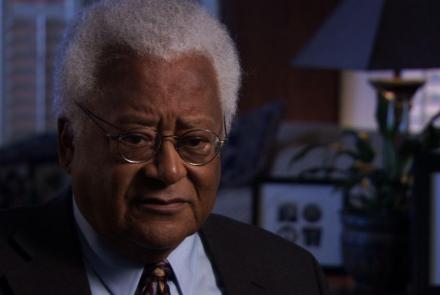
From the film Freedom Riders: Jim Lawson on The Cold War
S23 E11 - 1m 46s
Jim Lawson speaks about JFK and the Cold War as a critical issue facing the U.S.
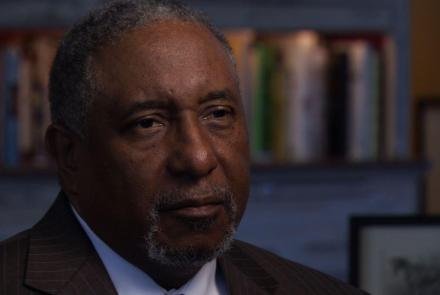
From the film Freedom Riders: Bernard Lafayette on...
S23 E11 - 1m 11s
Bernard Lafayette speaks about nonviolence as a response.
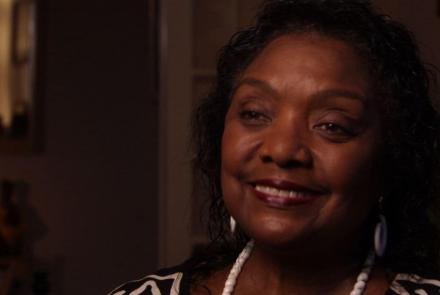
From the film Freedom Riders: Catherine Burks-Brooks on...
S23 E11 - 40s
Catherine Burke Brooks speaks about racist treatment in the South.
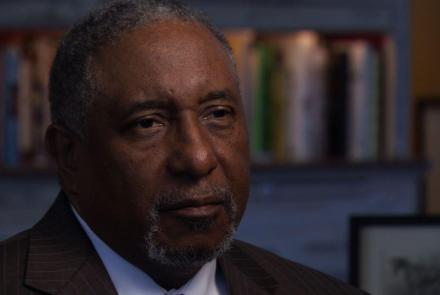
From the film Freedom Riders: Bernard Lafayette on His...
S23 E11 - 2m 10s
Bernard Lafayette speaks about traveling from Montgomery, Alabama into Mississippi.
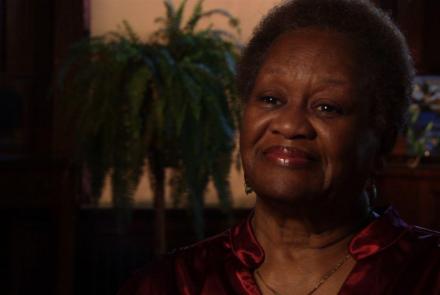
From the film Freedom Riders: Pauline Knight-Ofuso on The...
S23 E11 - 1m
Pauline Knight-Ofuso speaks about the black press.
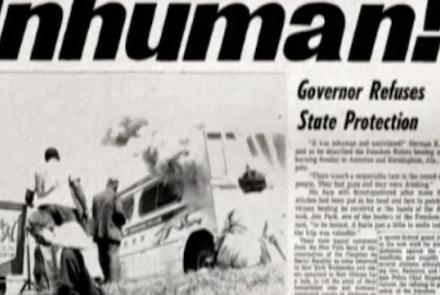
From the film Freedom Riders: The Media, part 1
S23 E11 - 1m 5s
Rioters turn violent against the Freedom Riders despite the presence of the media. The resulting photographs were "about as dramatic as anything I think anyone had ever seen coming out of the Civil Rights struggle," says Ray Arsenault. "The notion that just for the attempt to sit on the front of a bus, that you could risk your life, that people could try to burn you to death was incredible."

From the film Freedom Riders: Freedom to Travel, part 1
S23 E11 - 57s
Diane Nash and Charles Person discuss the difficulties for black people traveling in the segregated South.

From the film Freedom Riders: Victory for Nonviolence,...
S23 E11 - 2m 9s
Before getting on the bus, Freedom Riders participated in CORE training sessions, which included a demonstration of nonviolence in volatile situations. Rev. James Lawson and Julian Bond discuss how nonviolence courted to violence in order to attract publicity for the cause.

From the film Freedom Riders: The Media, part 2
S23 E11 - 1m 14s
In a news report from Herb Kaplow, the reporter recounts his experience when covering a Freedom Ride. "The mob came out and went straight to the reporters, and started beating them and kicking them and throwing their cameras down, smashing them on the ground." After the reporters were forced away, the mob turned on the Freedom Riders.

From the film Freedom Riders: Democracy in Action
S23 E11 - 1m 1s
Glenda Gaither Davis is interviewed while riding on the bus toward Jackson, Mississippi.
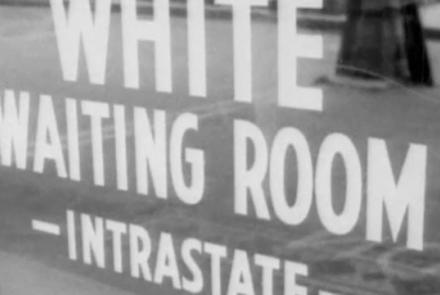
From the film Freedom Riders: Jim Crow Laws
S23 E11 - 19s
The segregation and disenfranchisement laws known as "Jim Crow" created a system of racial apartheid across the American South for more than 75 years. The laws affected almost every aspect of daily life, mandating segregation of schools, parks, libraries, drinking fountains, restrooms, buses, trains, and restaurants.
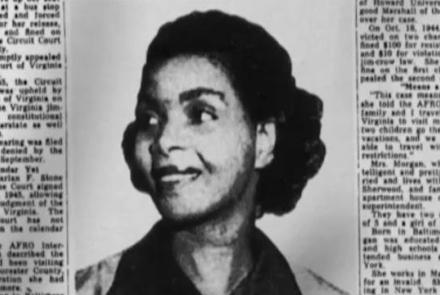
From the film Freedom Riders: Freedom to Travel, part 2
S23 E11 - 51s
Ray Arsenault discusses the importance of Irene Morgan, who took her case to the Supreme Court with Morgan vs. Virginia. However, the subsequent Supreme Court ruling of the unconstitutionality of segregated interstate bus travel, Julian Bond points out, was largely ignored in the segregated South.
Similar Shows

Day of Days: June 6, 1944
History

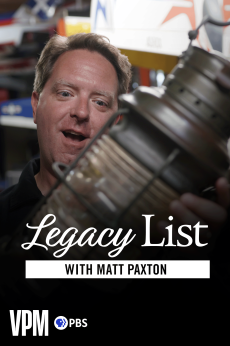
Legacy List with Matt Paxton
History

The White House: Inside Story
History
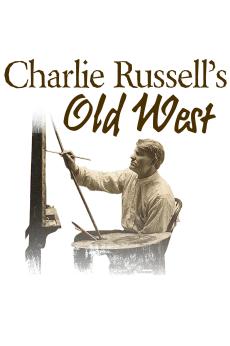
Charlie Russell's Old West
History
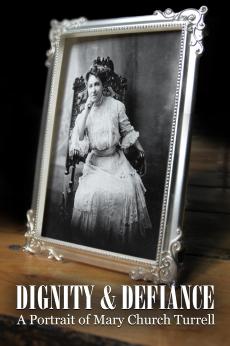
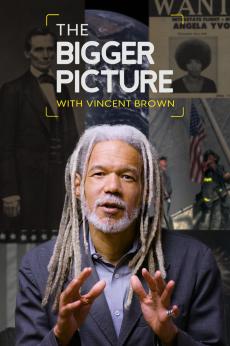
The Bigger Picture
History
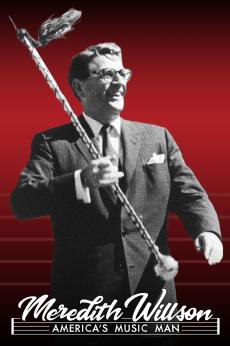
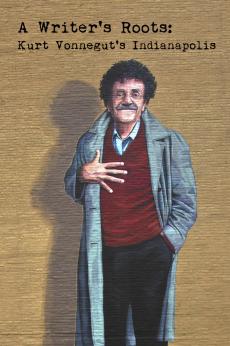
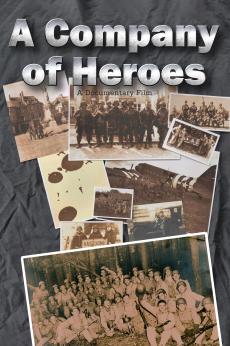
A Company of Heroes
History
WETA Passport
Stream tens of thousands of hours of your PBS and local favorites with WETA Passport whenever and wherever you want. Catch up on a single episode or binge-watch full seasons before they air on TV.